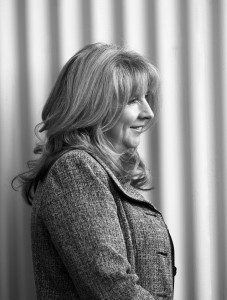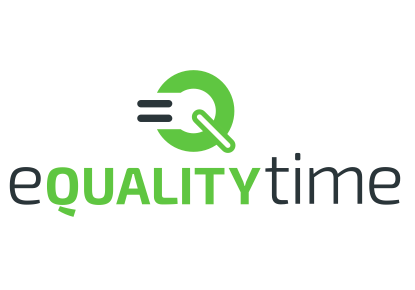
When you Google the proverb ‘Necessity is the mother of invention’ it is attributed to everyone from Plato to Einstein.
But here is what I have discovered, Britain is full of amazing entrepreneurs who when faced with a daily problem simply invent a solution to make life easier. The necessity of invention becomes even more of a driver when that necessity is a disability related obstacle.
Take Catherine Bland, She broke her leg and was frustrated by trying to use crutches and carry her iPad and coffee around the house. So having failed to find a solution she invented the Hopper, a simple carry aid to keep her independence. Colin Albertyn had a similar experience. He damaged his Achilles heel and found that conventional crutches were simply too uncomfortable to use. So he invented the idea behind smartCRUTCH. When you look at the design it seems so obvious that’s how a crutch should look.
Another great small company called My Own Fone has stripped back phone technology to the very basics to create a phone that is so simple to use for anyone while Chris Peacock has come up with the brilliant idea to help people who have a hand tremor hold a cup more easily by inventing a cup with a rotatable handle called the handSteady, which uses gravity to keep the cup upright.
But is the marketplace holding back innovation?
The challenge for all small businesses is how do you take your idea to market? If Catherine needed the Hopper then surely so must all other crutch users. How do you take such a niche product to market?
This challenge is just made even more difficult by the fragmented nature of the disability marketplace. Much is made of the size of the ‘Purple Pound” but reaching out to disabled people is a marketing conundrum that is hard to reach. Wheelchair users have very different needs to people with sight or hearing loss or a learning disability. This has meant that marketing has been driven into marginalized specialist areas not the mainstream.
Disability is such a wide-ranging term and of course so many people simply do not associate themselves with this label.
For example if someone is living with dementia the customer may well be a family member or caregiver who might not necessary think to search disability websites for help. This makes taking your product to market even more complex.
One of the problems is that the history of the disability movement evolved from the charity model. Many charities do offer shops but they tend to focus on a narrow range of products targeted at their own end users.
Many products have their foundation in the medical model, and so the products are not exactly a stylish design, usually coming in grey and plastic!
What we need is the social model of disability to hit marketing and retail.
Even the Government thinks more could be done in this area to both make the overall marketplace better and to encourage a more innovative approach to products that makes life easier. They have launched a prize fund to help achieve just that.
The Inclusive Technology Prize aims to inspire technological innovation from British individuals and small businesses to improve or develop assisted living aids, adaptations and products that will make a real difference to the lives of disabled people.
I am also trying to find out what is already out there by launching a twitter hour at 1pm on Friday on the hashtag #InventedIthour.
This is what I want people to do:
If anyone has invented something, or has the beginnings of an idea and needs help or if you wish someone would invent something you need – then join in. Lets create a buzz and get the market moving.
I believe the disability marketplace is boring, lacks choice, creates a low volume high margin retail space and doesn’t know how to connect to consumers outside of a disability focus. It’s trapped in a medical approach constrained by a charity shop. I want to see a vibrant marketplace that focuses on product features, encourages peer-to-peer reviews, enables a secondhand and sharing economy to thrive and reaches into the mainstream to help so many more people
If anyone agrees then please join in and share your views.
Kay Allen of Really useful stuff. Kay hosts the wonderful #InventedIthour 1 pm every Friday with @RUStuff on Twitter to find and promote innovations in disability and accessibility.
